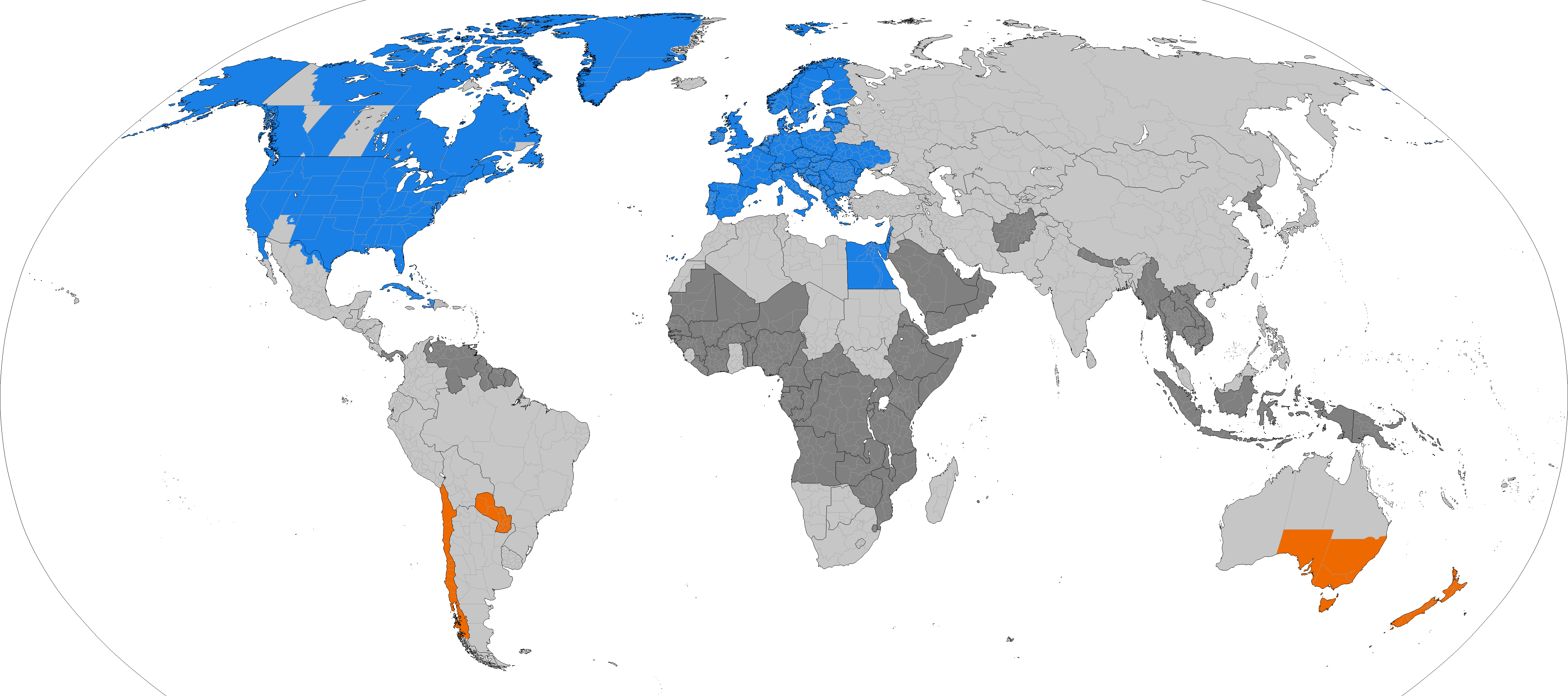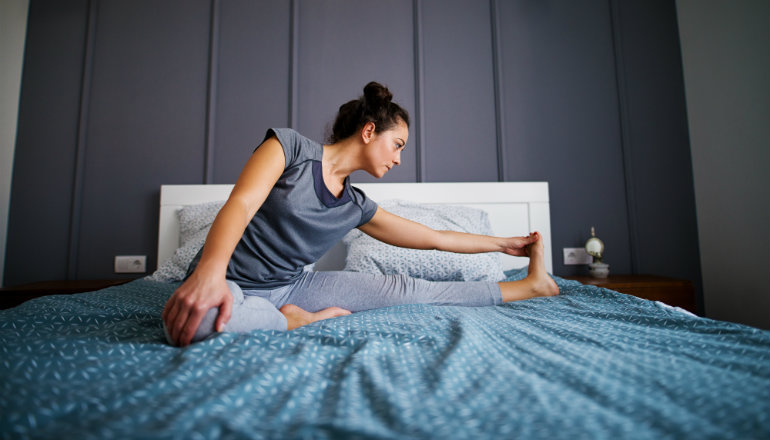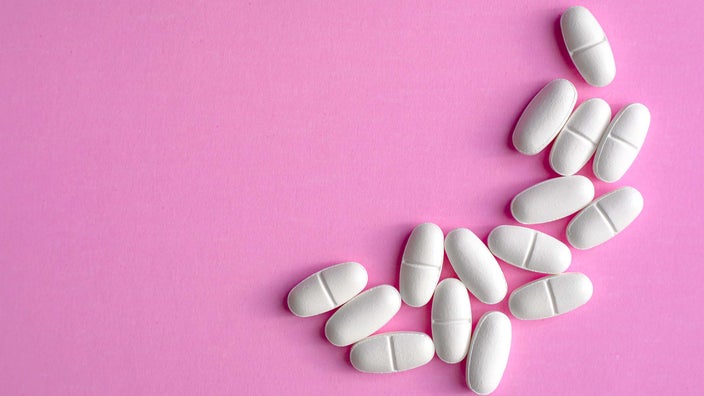Daylight Saving Time And Sleep
Daylight saving time is back. Here are 7 tips for better sleep.
The loss of just one precious hour of sleep can feel like a blow. Here’s what you can do about it—from paying attention to your body clock to the science of sleep aids.
Sunday marks the start of daylight saving time—and, yes, I’m sorry to say that this is the weekend when we all lose an hour of sleep as our clocks spring forward.
The loss of just one precious hour of sleep can feel like a blow.
“Everything we’ve learned about sleep has emphasized its importance to our mental and physical health,” wrote Michael Finkel in his 2018 feature on the science of sleep. Not getting enough can put you at increased risk for diabetes, heart disease, dementia, depression, and stroke, he reports. And it’s particularly harmful for women.
Is there anything you can do to get better sleep? Here are just a few science-backed tips that our reporters have gathered in recent years. If you have any others, let me know.
1. Practice good sleep hygiene all day.
Getting a good night’s rest starts much earlier than you might think—pretty much from the moment you wake up. As Natalia Mesa wrote in our January 2024 story on how to wake up without feeling so groggy, waking up and going to sleep at the same time every day can help you fall asleep faster.
Experts also recommend giving up caffeinated beverages entirely if you can, since even a morning cup of coffee can disturb your slow-wave or deep sleep, which is particularly restorative for your body. If that seems unfathomable, try to at least stop drinking caffeine after noon.
Finally, Natalia reported, there’s some evidence that exercise during the day can help you combat insomnia—just don’t do it too close to bedtime.
2. Pay attention to your own body clock.
How much sleep do you really need and when is the ideal time to go to bed? Well, one of the more frustrating things about health journalism is that it’s often impossible to give people satisfying answers to these kinds of questions.
The truth is that everyone is different. Our sleep cycles are governed by our individual circadian rhythms. Many of us fit into one of two so-called chronotypes: early risers, or “larks,” and night “owls.” Rather than forcing owls to live like larks, experts have told Nat Geo time and again that it’s much better to listen to the particular needs of your own body.
But if you do need to shift your sleep schedule, they suggest easing into it by shifting just 15 minutes each day. “The worst thing you can do is suddenly start waking up an hour or more earlier,” Helen Burgess, professor of psychiatry and co-director of the Sleep and Circadian Research Laboratory at the University of Michigan, told Natalia in her January 2024 story.
Chinese Body Clock
3. Come up with a bedtime ritual.
Bedtime routines aren’t just for kids. Adults also “thrive on consistency and routines,” pediatrician Ari Brown, spokesperson for the American Academy of Pediatrics, told my colleagues in a November 2020 story.
Whether you’re winding down with a book or some restorative yoga, sleep researchers say that it’s critical to give our body regular cues that signal to the brain that it’s time to rest. Over time, those cues will begin to trigger an automatic response in your sleep-wake cycle.
4. Do not include a nightcap in that routine.
I love a good nightcap—but I’m trying to change, thanks to a story that Tara Haelle wrote for us in June 2023.
Sleep is restorative to every organ in the body, yet alcohol interferes with those restorative efforts. As Tara reported, not only does it interrupt your REM sleep cycle, an essential part of sleep, it also harms the overall quality of your sleep.
"You’re going to be getting up to go to the bathroom, but just in general your sleep is more fragmented and less stable, so overall you end up with a worse night’s sleep even if you go to sleep maybe a little faster than you otherwise would," said Ian Colrain, president and CEO of MRI Global—a research institute based in Kansas City, Missouri—who has published research about insomnia and alcohol consumption before sleep.
5. Take care when using sleep aids.
So if you can’t rely on a finger of bourbon to help you fall asleep, can you turn to other sleep aids instead?
Well, once again, it’s complicated.
Experts have consistently told our reporters that there isn’t any strong evidence that most sleep aids actually work.
That was particularly pronounced in our January 2024 story on natural sleep aids, which pointed out that there have been few high-quality studies into the effectiveness of sleep aids like chamomile, tart cherry juice, and valerian root. The studies that do exist suggest that these supplements “induce no or only subtle changes in sleep quality.” The sleep benefits of magnesium are similarly unproven.
There is some evidence that melatonin supplements can help people with circadian misalignment, like shift workers and people with jet lag. But experts say it’s only recommended for short-term use—and parents should not be giving it to their children. Not only can it have unintended side effects like headache, blurred vision, and rapid heart rate, but it also might ultimately backfire.
“Giving children sleep aids…does not motivate the parent or child to work on sleep practices to help sleep, which should be the first line treatment for sleep disturbance in most children,” Argelinda Baroni, a physician and co-director of the child and adolescent sleep program at Hassenfeld Children’s Hospital at NYU Langone, told us in a February 2024 story.
Finally, experts are mixed on other over-the-counter sleeping pills since those could leave you groggier when you wake up—and zolpidem, one particular class of these drugs, can be addictive if used regularly.
6. Embrace the darkness—and opt for an e-reader over a tablet.
There’s a good reason people always tell you to put away your phone at night: Light exposure is what synchronizes your circadian rhythm—bright light in the morning tells your body to wake up by suppressing melatonin production while darkness in the evening tells your brain to release more of that all-important hormone that helps you sleep.
Not all light is made equal. The graphic embedded in this story shows that the bluer and brighter the light, the more likely it’ll keep you awake. Tablets—the bluest and brightest of the electronic screens we looked at—cause the most pronounced shifts to your sleep cycle.
As for when it’s time to turn off the lights for good, I’m a fan of sleep masks for blocking out all the ambient light coming in from the street. (My favorite sleep mask just so happens to be one of those my colleagues recommended in their roundup of the best sleep masks.)
7. Block out the noise.
From an evolutionary standpoint, hearing all those bumps in the night probably helped our ancestors survive. As Jason Bittel wrote in our explainer on noise pollution, it’s our subconscious method of scanning for potential threats at night.
But it’s not ideal for getting a good night’s rest. Sounds as low as 30 db (slightly louder than a whisper) can cause you to toss and turn, Jason reported. Meanwhile, noises over 40 to 55 db (like the hum of your refrigerator) can cause even worse health outcomes. Chronic noise exposure is associated with heart disease and anxiety, he wrote—not to mention sleep deprivation.
Fortunately, there are some things you can do to mask those sounds seeping into your bedroom. Studies suggest that playing white noise does help, while experts told Jason you can also add soft surfaces to your walls to help dampen the noise.
Source
https://en.wikipedia.org/wiki/Daylight_saving_time#:~:text=Daylight%20saving%20time%20(DST)%2C,summer%2C%20so%20that%20darkness%20falls
https://myhealth.alberta.ca/Health/Pages/conditions.aspx?hwid=uz2304#:~:text=Your%20Body%20Clock-,Overview,to%20sleep%20or%20wake%20up.
https://www.nationalgeographic.com/science/article/sleep-better-tips
https://sleepdoctor.com/sleep-hygiene/bedtime-rituals/
https://www.sleepadvisor.org/bedtime-rituals/
https://www.washingtonpost.com/wellness/2024/01/18/eye-mask-sleep-cognition-health-benefits/










































